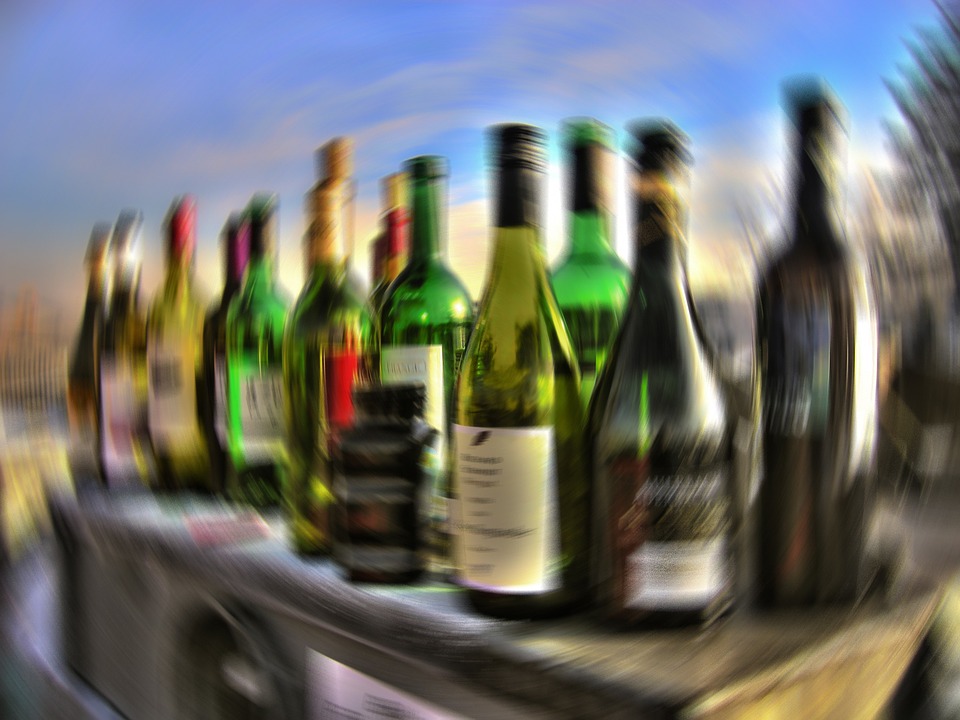The Jewish community has a little secret it sometimes tries to ignore: addiction.
Addiction takes many forms: gambling, hard drugs, alcohol, food, prescription drugs, sex. All are used to blunt pain and psychic distress, and all mask what makes us unhappy – not just unhappy, but what leads us to despair.
The good news is that organizations exist that are ready to help, even if they’re few and sometimes hard to access.
But first, a story from my time as a community planner for a non-Jewish organization. Tasked with teasing out and assessing the health needs of a well-to-do section of the city, I found that the only treatment centre for female alcoholics was tucked away in an obscure part of the area. To spare the women and their families the obloquy of prying eyes and ears, it was necessary to make sure they could go for treatment in secret. How this worked I can’t say, since by definition no one was supposed to know.
Now what about our own community?
Jewish Addictions Community Services (JACS) serve large Jewish communities such as Los Angeles or Toronto, as well as smaller ones such as Winnipeg. But until a few people in Vancouver, where I live, deemed it vital that we have our own organization, we lacked such a service for addicts. Hence Vancouver’s JACS.
According to Rabbi Jonathan Infeld, who is deeply involved (as are many other participating rabbis), several halachic principles stand behind such services. Refuah hanefesh, refuah haguf, kavod habrit all command respect and healing for body and soul. “These are all as important as not eating pork!” he maintains.
One of the first jobs for the Vancouver committee is to educate the community about addiction and to reach out to other, larger community services that are available. These services, in order to serve Jewish clients, learn about special circumstances and unique spiritual needs a Jewish addict coming to them for help would require.
According to organizers, the idea began in our local community four years ago. Reception was immediate and enthusiastic, both locally and nationally. Executive director Rebecca Denham can’t say enough about the help from Toronto and other places with similar services, nor about the welcome the initiative found among Vancouver organizations and individuals.
Setting up a navigation process is crucial. She finds out what the circumstances and options are for each particular treatment. Then, thanks to the relationships with other service providers, she can set up a timely appointment, avoiding a demoralizing waiting period.
JACS also has contact with Jewish community professionals –summer is a good time to meet with camp staff and other youth leaders. Open workshops for anyone interested in this issue will follow. Just as you didn’t have to be Jewish to love Levy’s rye bread (see old New York subway ads), all of us need to learn about addiction and its terrible cost to the lives of fellow Jews.
Remember my experience with the treatment centre for alcoholic women I cited above? JACS wants to provide the kind of anonymity that will allow those affected to seek help. “We want to begin a conversation, to put to bed denial,” says Denham. “We provide the privacy and respect addicts need.” Also outside agencies “will learn about cultural barriers for Jews so they can change them.”
“We want to meet Jewish clients and families where it feels comfortable, to offer services in a Jewish way,” she says. “It’s been really gratifying to see the community at its best” supporting this issue.
It’s estimated that 10 per cent of the general population has an addiction issue or a family member with a challenge. In Vancouver, that would put the number of Jews affected at 2,500. That’s a startling statistic.
People affected by addiction have “a hole in their soul.” JACS is here to help heal that wound.
